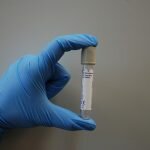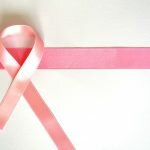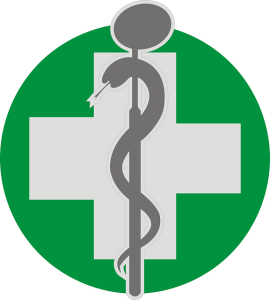Breast Cancer Diagnoses
Misread Breast Biopsies Lead To Wrong Breast Cancer Diagnoses

It turns out that breast biopsies are not the fool-proof final word on whether women have breast cancer or not. In fact, according to a new study, published in the Journal of the American Medical Association (JAMA), breast biopsies are far from the gold standard of tests the mainstream has hailed them to be.
Leaving room for doubt
For years, women who have had a mammogram or ultrasound turn up something suspicious, have to sit through the agonising wait for breast biopsies to either give them a clean bill of health or sentence them to painful surgery or sickening chemotherapy and radiation.
Now it turns out that botched biopsy results could be forcing thousands of healthy women to undergo aggressive breast cancer treatment they never needed.
According to the results of a recent study, a group of researchers from prestigious hospitals all around the US found that breast biopsies are often misdiagnosed by pathologists.
The researchers asked a panel of top pathologists — including experts who have written textbooks on diagnosing cancer — to examine slides from breast biopsies and give their opinions. Then a group of practicing pathologists reviewed the slides to see if they got the same results.

The pathologists (the group of experts and the practicing pathologists) wrongly diagnosed women with ductal carcinoma in situ (DCIS), which is often treated with aggressive surgery and radiation.
In fact, based on the diagnosis given during the study, if you had perfectly healthy breast tissue there was still a one-in-seven chance that a pathologist would tell you your biopsy results were abnormal.
And when you enter the “grey zone” called atypia — meaning there are abnormal, but not cancerous cells in breast ducts — the results were even more frightening. The two groups came to the same conclusion only about half the time.
Doctors are calling the findings “disconcerting.”
That’s a bit of an understatement, because there are approximately 160,000 women a year, in the US alone, who are diagnosed with atypia and given the heart breaking news that they’re at a heightened risk for cancer. And thousands of these women may be worrying and suffering needlessly right now, thanks to a botched biopsy reading.
Here’s how to protect yourself from becoming one of those women. I know this is something you’ve heard before and you may not think it applies when you’re talking about a biopsy, but get a second opinion.
If your breast biopsy shows abnormalities — especially the ones called atypia or DCIS — don’t let a doctor hustle you into surgery or radiation straight away.
Get a second opinion.
A second opinion does not mean another biopsy must be taken. All you’re doing is asking additional pathologists to look at your slide under the microscope.
And it won’t be an insult to your doctor or anyone else. In fact, that’s exactly what all the doctors who commented on the new JAMA study suggested patients do.
If there was ever a case of something being worse than having breast cancer, it’s getting breast cancer treatments when there was nothing wrong with you in the first place.








